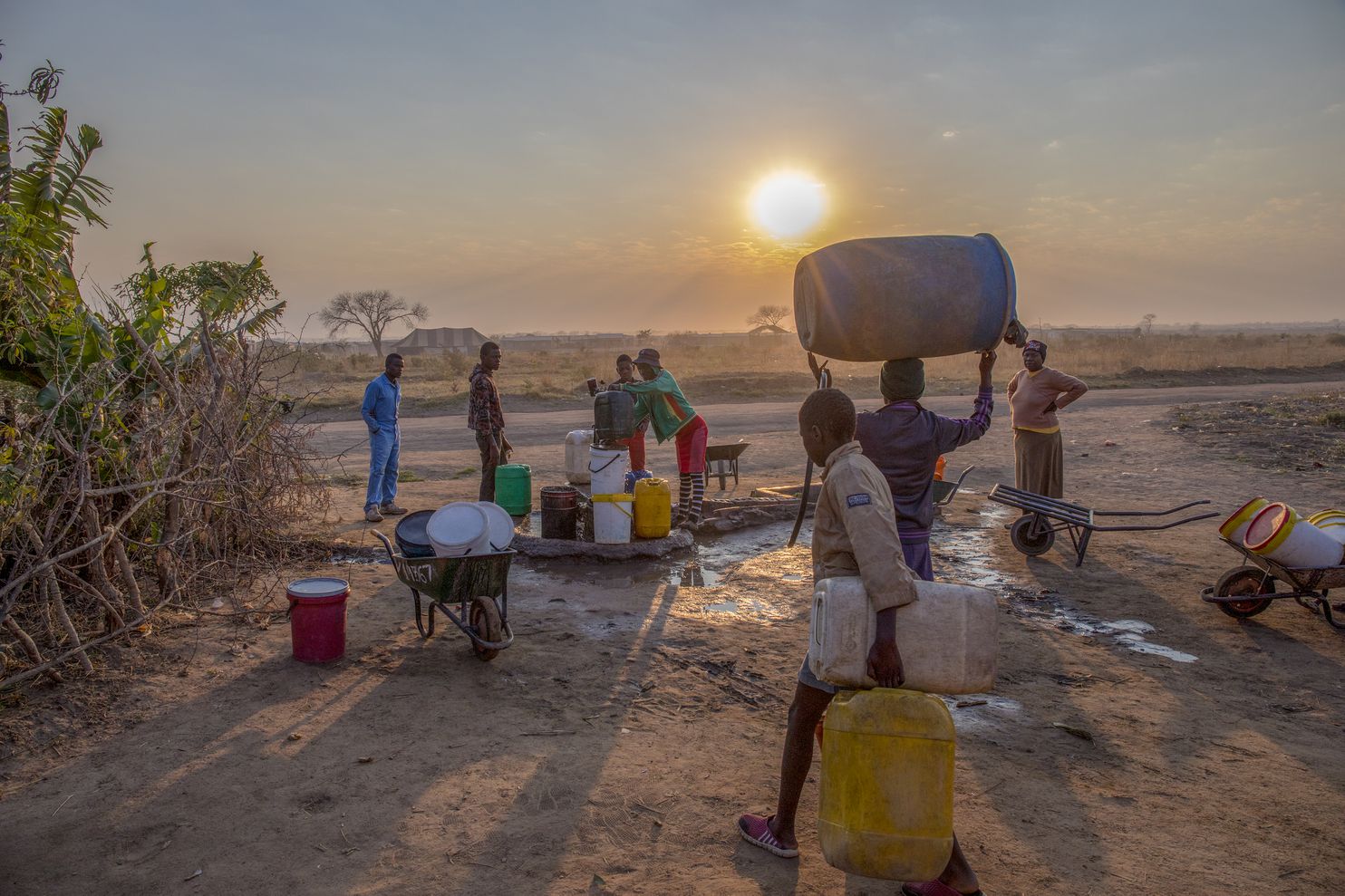By Rudo Saungweme
Director of Climate Change Management in the Ministry of Lands, Agriculture, Water, Climate and Rural Resettlement, Washington Zhakata has said climate change is one of the biggest threats facing the global economy hence the need to make people knowledgeable and safe.
Zhakata said this today at a workshop on taking the climate change agenda forward in Bulawayo.
“Ladies and gentlemen, the impacts of climate change and variability are becoming more evident with increased incidences of droughts, cyclones, floods, hailstorms and heat waves.
“Climate change is one of the biggest threats facing the global economy with developing countries like Zimbabwe being more vulnerable due to their low adaptive capacities, like Agriculture, Water and Forestry,” he said.
Zhakata indicated that the adverse impacts of climate change as evidenced by the high levels of vulnerabilities during the extensive flooding and droughts of the recent years which caused losses of lives, properties and destruction of infrastructure was as a result of information gaps leading to weak preparedness.
“Currently, the levels of mainstreaming of climate change at national, provincial, district and even household levels is very weak. With high levels of awareness through effective training and information dissemination, some of the impacts could have been averted,” he said.
Zhakata`s sentiments follows the climate induced disaster earlier this year which impacted more than 850 000 people in Zimbabwe, Malawi and Mozambique.
Zhakata highlighted that Zimbabwe was admitted into the United Nations Climate Change Learning Partnership Programme for Southern Africa and received US$100 000 for the development of a National Climate Change Learning Strategy.
The grant supports the strengthening of individual and institutional capacities to address climate change.
This project comes at a time Zimbabwe has started working on the development of the National Adaptation Plan that will mainstream climate change in development planning.




